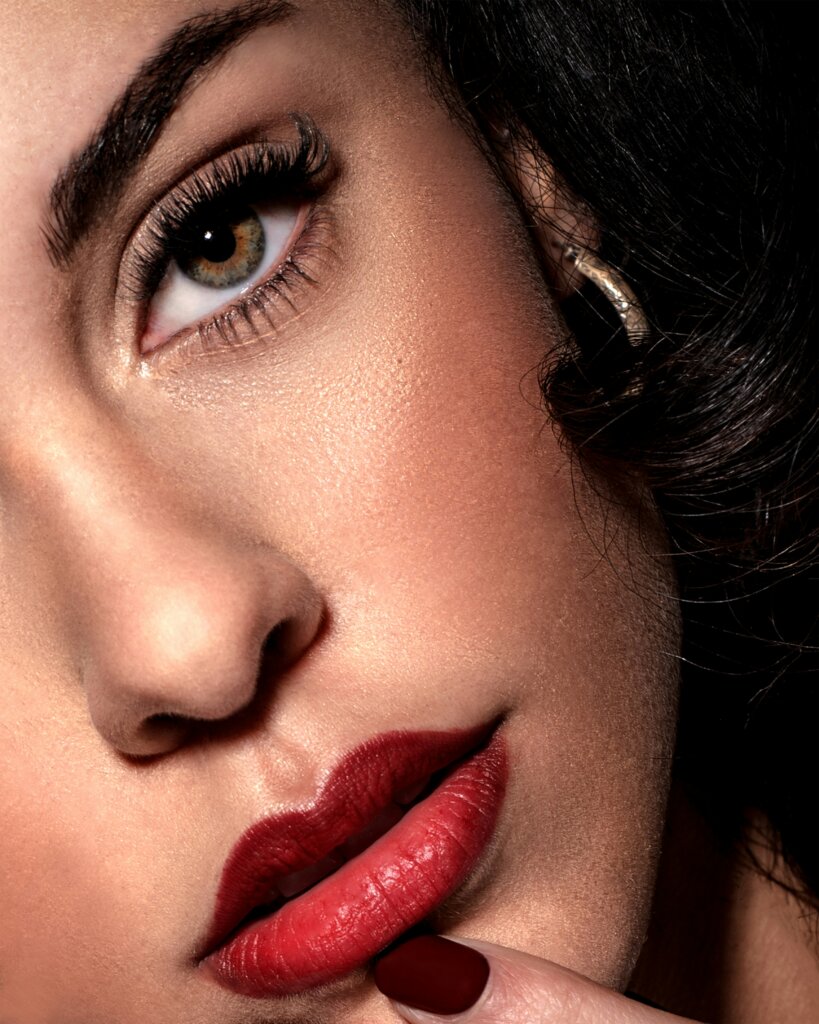
Makeup and Beauty products are cherished possessions for many, but their longevity often falls short of our desires. So, if somebody asks ‘Can we make beauty products last longer than their shelf life?’ I say Yes! But that’s not an easy or simple thing to do. However, with the right care and attention, you can significantly extend the lifespan of your beloved makeup items.
As the sweltering summer months approach, it becomes increasingly vital to adopt proper storage practices for your makeup essentials. Placing makeup and skincare items in areas exposed to direct sunlight can create a breeding ground for Mold and bacteria. From safeguarding against the sun’s rays to knowing the telltale signs of expiration, here’s how you can ensure your makeup stays fresh and effective for longer.
Protect from Sun Exposure:
One cardinal rule in preserving makeup is to shield it from the sun’s harmful UV rays. Exposure to sunlight can degrade the quality of various beauty products, causing them to spoil prematurely. Ultraviolet radiation can destabilize the ingredients in your makeup, leading to changes in texture, and color, and it might oxidize. Oil-based products can see a separation of the emulsifiers that bind a product, and you will have two layers of water and oils, deeming it unfit to use. To combat this, store your cosmetics in cool, dark places such as drawers or cabinets. Additionally, opt for opaque containers or packaging that blocks out light, further safeguarding your products from photodegradation. If you’re using clear drawers to store your products, make sure they aren’t placed next to a window either.
Store Them Effectively:
Extreme temperatures, humidity, and air exposure can all contribute to product deterioration. Ideally, store your cosmetics in a dry, climate-controlled environment, away from moisture-prone areas like bathrooms. Utilize organizers or compartments to keep items neatly separated and prevent them from rolling or bumping into each other, which can cause damage or spillage.
A tip I have read in the Vogue India blog where Bianca Louzado, makeup artist and founder of Code Beauty said “I store my foundations, lipsticks, and liquid-based products in the refrigerator. If you can invest in a tiny beauty refrigeration or find space in the one that’s in your kitchen, then this can help the shelf life of your makeup.”
Avoid Sharing Your Makeup and Beauty essentials:
You should keep your makeup usage exclusive to avoid cross-contamination, which can lead to adverse effects on your skin, such as breakouts due to bacterial growth. While it may be tempting to swap beauty products with friends or family, sharing makeup can introduce bacteria and contaminants that compromise both safety and longevity. To preserve the hygiene and efficacy of your makeup, refrain from sharing items like lipsticks, mascara wands, and applicators. Instead, opt for disposable tools or sanitize reusable ones thoroughly between uses.
Clean Your Beauty Tools Regularly:
The tools we use to apply makeup are often overlooked when it comes to maintenance. However, neglecting to clean brushes, sponges, and other applicators can harbor bacteria and impurities, leading to skin irritation and product contamination. Makeup artists emphasize the importance of washing your tools regularly to remove built-up residue, oils, and bacteria. Use gentle cleansers or brush cleaners to thoroughly cleanse your brushes and allow them to air dry completely before reuse.
During the summer, it’s essential to prioritize cleanliness and hygiene for your makeup tools and products. Consider using an anti-bacterial cosmetic disinfectant for items stored in pots and pans. Sanitizing wipes work great for lipsticks and liners, and brush and sponge cleansing baths for your tools. With the increased humidity and stickiness of your skin during this season, it’s crucial to clean your brushes and sanitize your tools more frequently.
Minimize putting Fingers into the Makeup Containers:
Our hands come into contact with numerous surfaces throughout the day, making them a breeding ground for bacteria. If you dip them into makeup containers, you are inviting bacteria into the container. To minimize the risk of contamination, use clean, sanitized tools such as brushes or spatulas to scoop out the product instead of using your fingers. This practice not only preserves the hygiene of your cosmetics but also prevents oils and bacteria from transferring onto the product, prolonging its shelf life.
Check the Signs That Your Makeup Has Expired:
Despite our best efforts, makeup does have an infinite lifespan, and using expired products can lead to various adverse reactions. Common indicators that your makeup has gone bad include changes in color, texture, or scent, as well as separation or the formation of mold. Additionally, if a product becomes dry, clumpy, or difficult to apply, like your mascaras it’s likely past its prime. Also, your beauty blender or wedges alert you by showing different signs like black dots which show fungus. You must clean your beauty tools regularly to avoid acne and maintain hygiene at all times.
Harmful effects on the skin:
While makeup often carries emotional significance, it’s crucial to recognize the risks associated with using expired makeup and beauty products. Especially concerning their impact on skin health. For instance, mascaras tend to become dry and clumpy over time, increasing the risk of flaking and irritation, particularly if they come into contact with the eyes. Additionally, expired mascaras may harbor bacteria, potentially leading to eye infections. If you’ve experienced an eye infection, it’s advisable to refrain from using mascara and replace it to prevent further contamination.
Similarly, expired eyeshadows can cause irritation and infections, while foundations and concealers past their prime may clog pores and contribute to acne breakouts.
Blushes have the potential to trigger skin irritation and breakouts, while lip products may cause dryness and lip irritation if expired. To decrease these risks, it’s essential to cleanse your makeup tools regularly to prevent the buildup of bacteria and maintain optimal hygiene standards. Cosmopolitan has summarized some tips and tricks that might be beneficial to you.
Conclusion:
Preserving the longevity of your beauty products is not only economical but also essential for maintaining their effectiveness and safety. By incorporating these practices, you can ensure that your makeup remains fresh, functional, and fabulous for as long as possible.
Also Read:
Stop being emotional about your expired makeup! Here’s why!
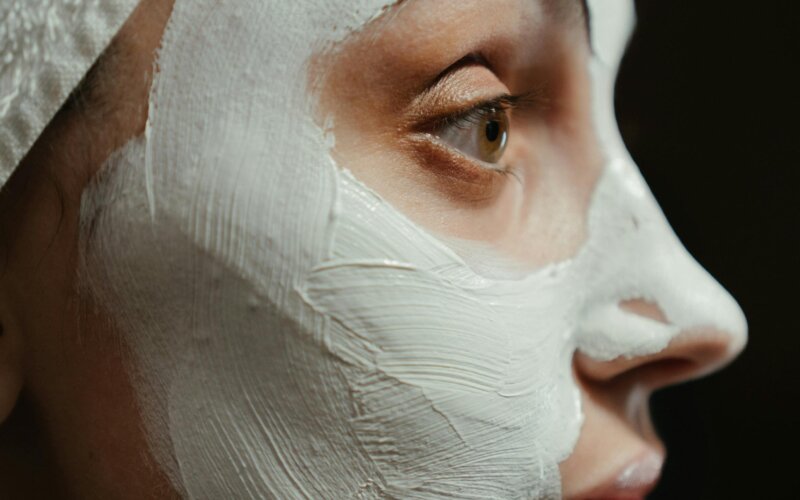
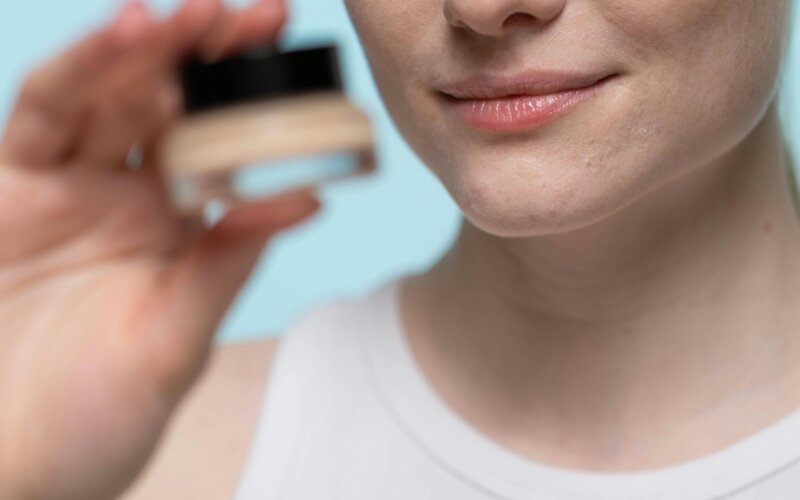
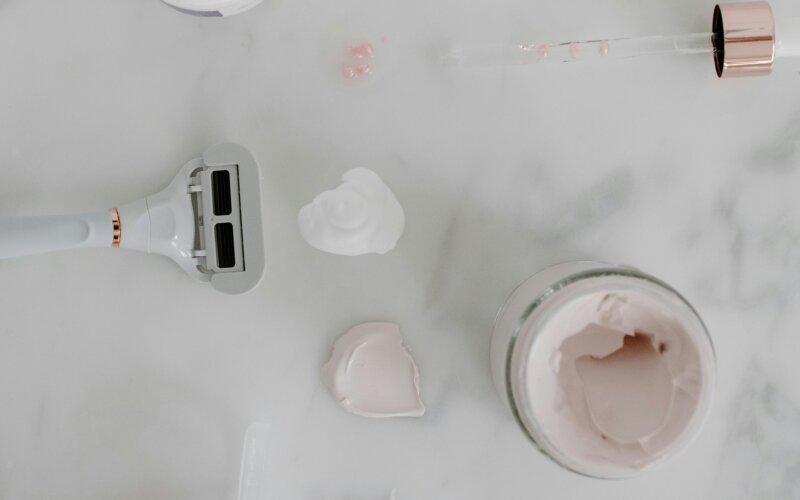
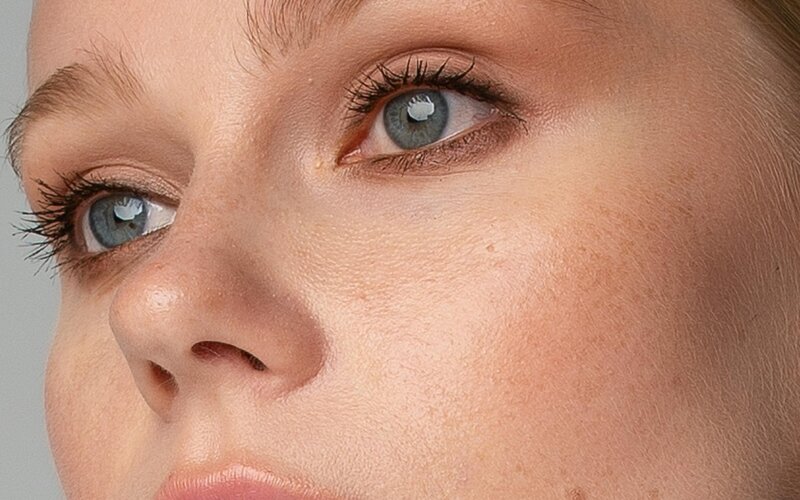
2 Replies to “How to make Makeup and Beauty products last longer?”